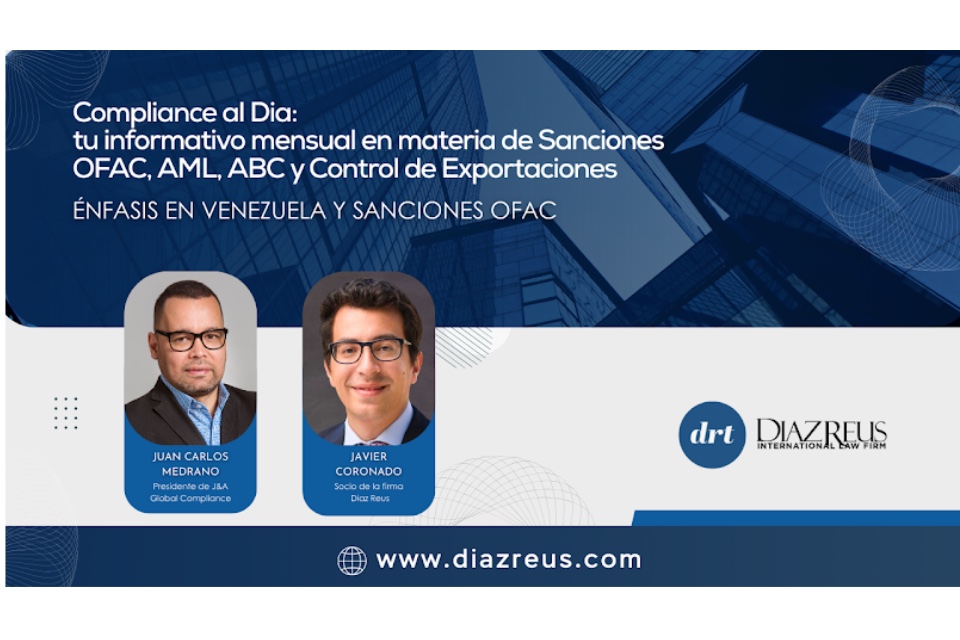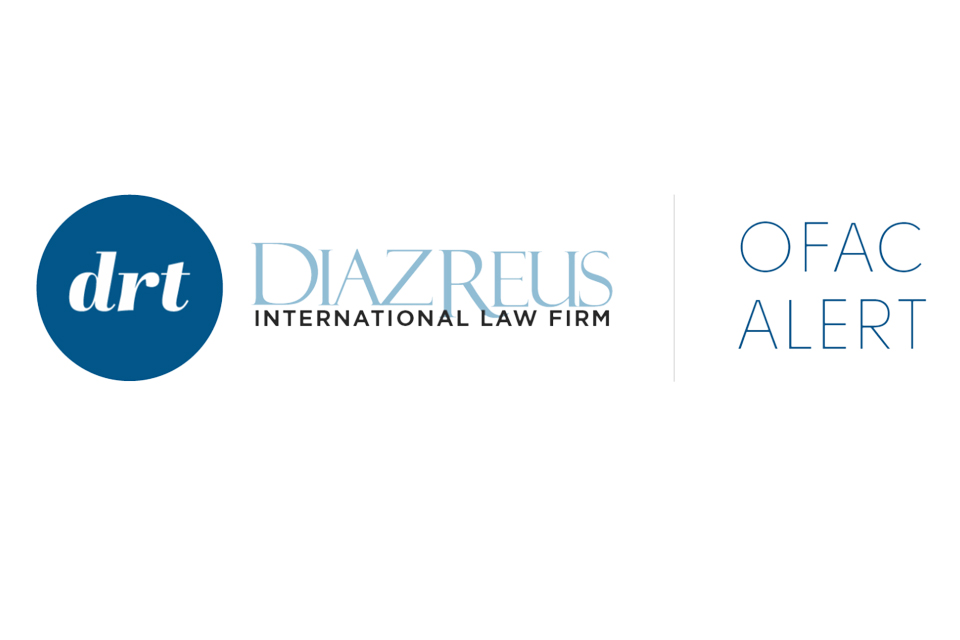Expatriate Venezuelan billionaire Nelson J. Mezerhane’s attempt to sue his government and the Venezuelan equivalent of the FDIC in U.S. courts for alleged illegal expropriations has again been turned back, this time by the United States Court of Appeals for the Eleventh Circuit. The May 7, 2015, decision affirms the U.S. District Court for the Southern District of Florida’s earlier dismissal of Mezerhane’s lawsuit claiming that the government of Venezuela its agencies, including Fondo de Protección Social de los Depósitos Bancarios (FOGADE) (Venezuela’s equivalent of the FDIC), had expropriated his property in violation of international law. The appellate court agreed that the district court lacked jurisdiction to resolve the dispute under the expropriation exception of the Foreign Sovereign Immunities Act (FSIA).
FOGADE’s attorneys, Diaz, Reus & Targ, LLP, had successfully argued for dismissal in the district court by pointing out that the facts as alleged by Mezerhane did not show a violation of international law – a requirement under the FSIA’s expropriation exception. Both the district court and the Eleventh Circuit agreed that the FSIA does not contemplate entertaining lawsuits between foreign citizens and their governments concerning property that is within the foreign government’s jurisdiction.
“The law is very clear. U.S. Courts cannot tell foreign sovereigns how to treat their own citizens,” said Diaz Reus partner Marta Colomar Garcia, representing FOGADE. “The facts here are obvious. Venezuela and its agencies were entitled to sovereign immunity because the events alleged by Mr. Mezerhane occurred in Venezuela, where he was a citizen.»
Diaz Reus partner Brant Hadaway added, “The courts of the United States recognize that issues revolving around the conduct of foreign sovereigns towards their own citizens is a matter that our Constitution’s Framers reserved to the political branches of government – Congress and the President. To hold otherwise would open the door not only to foreign citizens bringing their grievances against their governments in the U.S., but potentially to American citizens bringing claims against the U.S. government, or the government of one or more of the 50 States, in a foreign court.”













